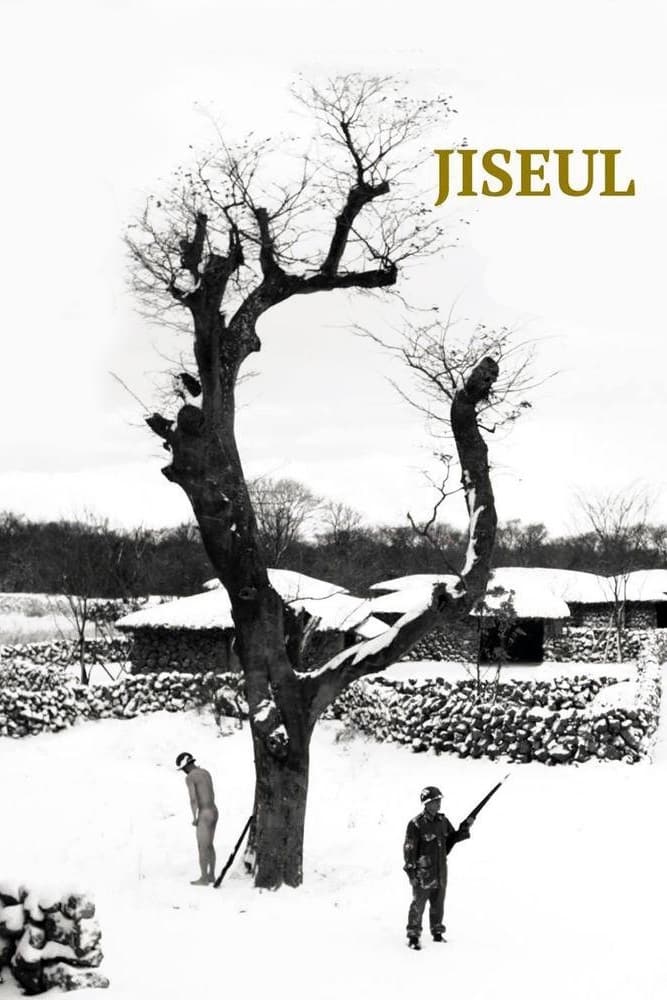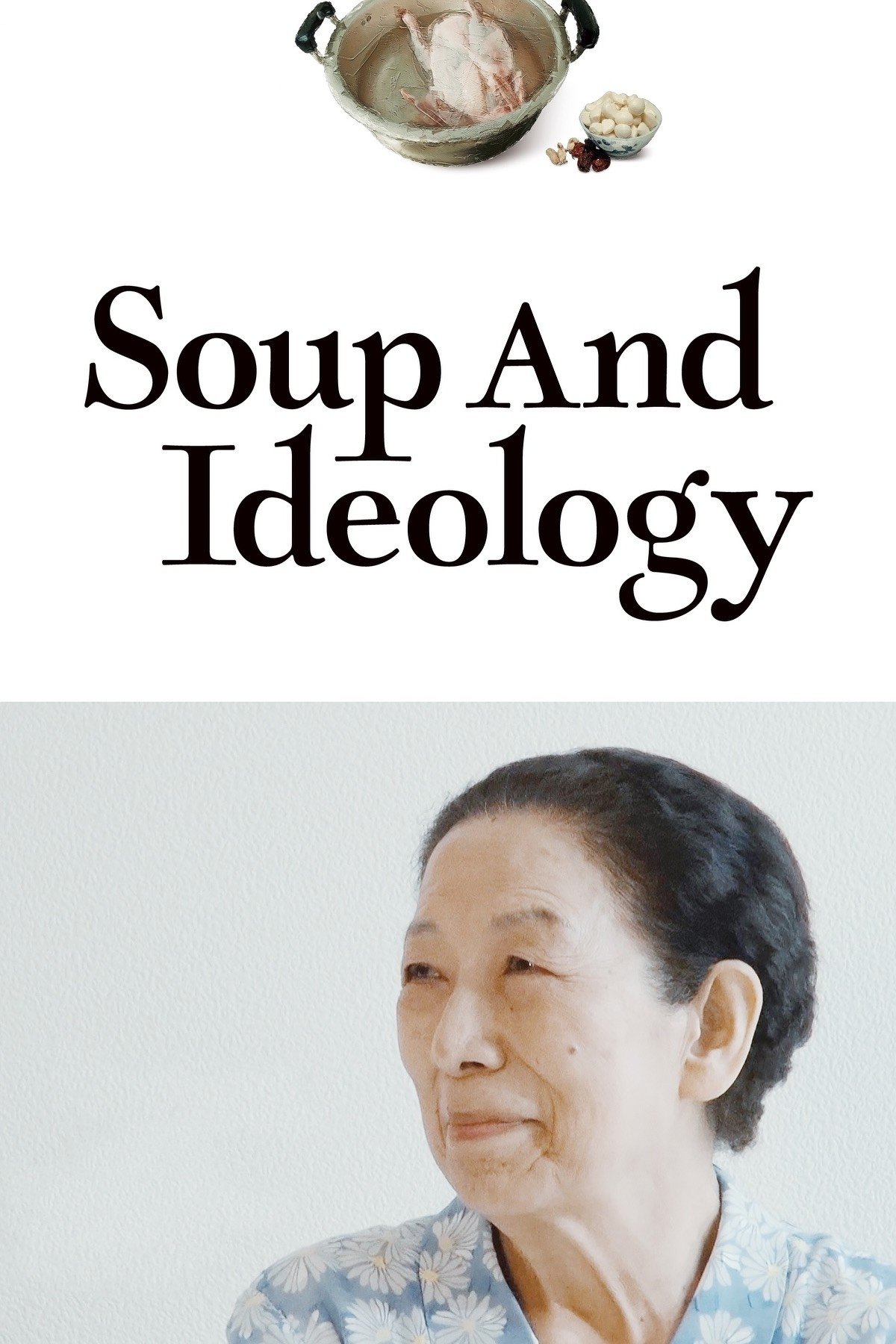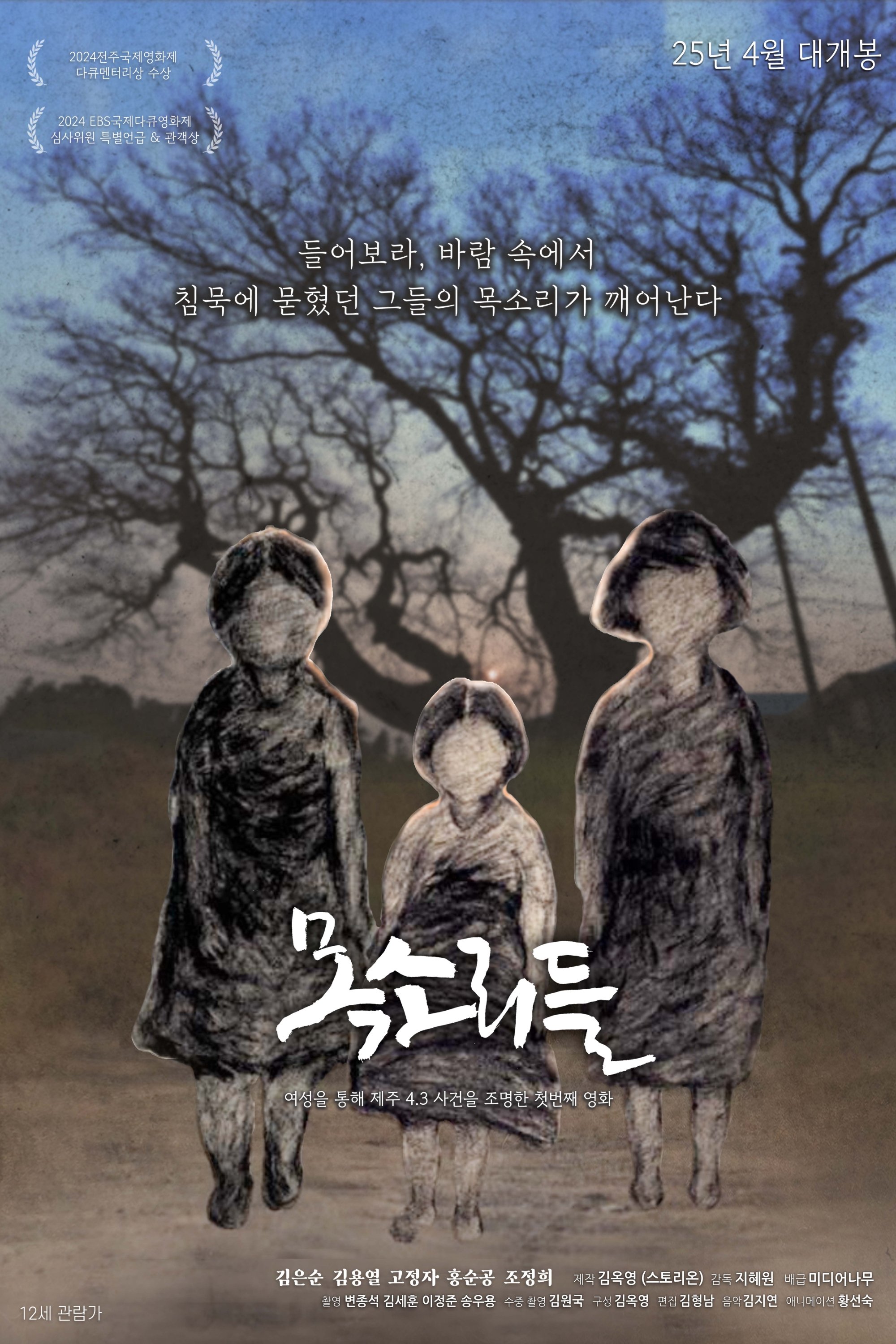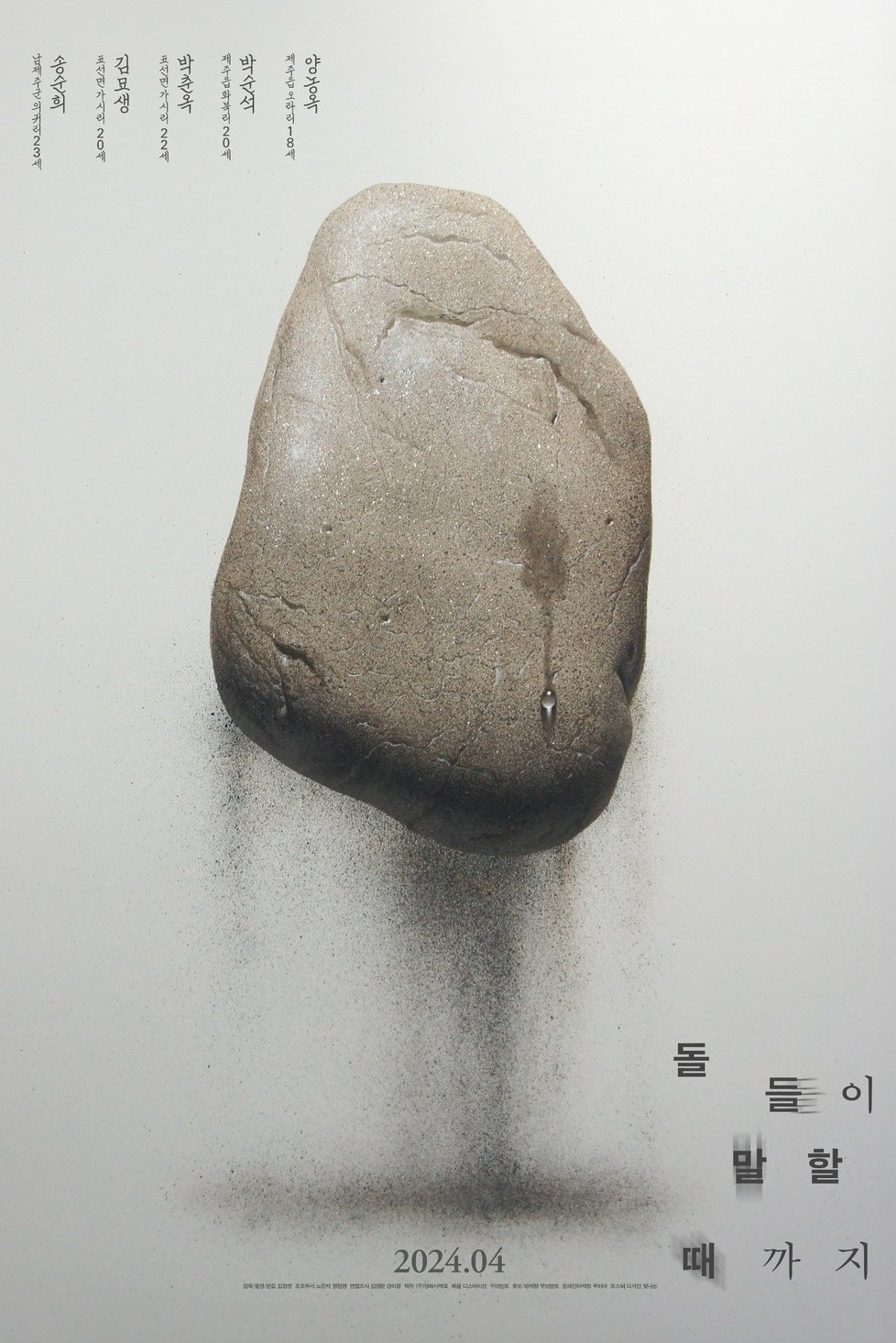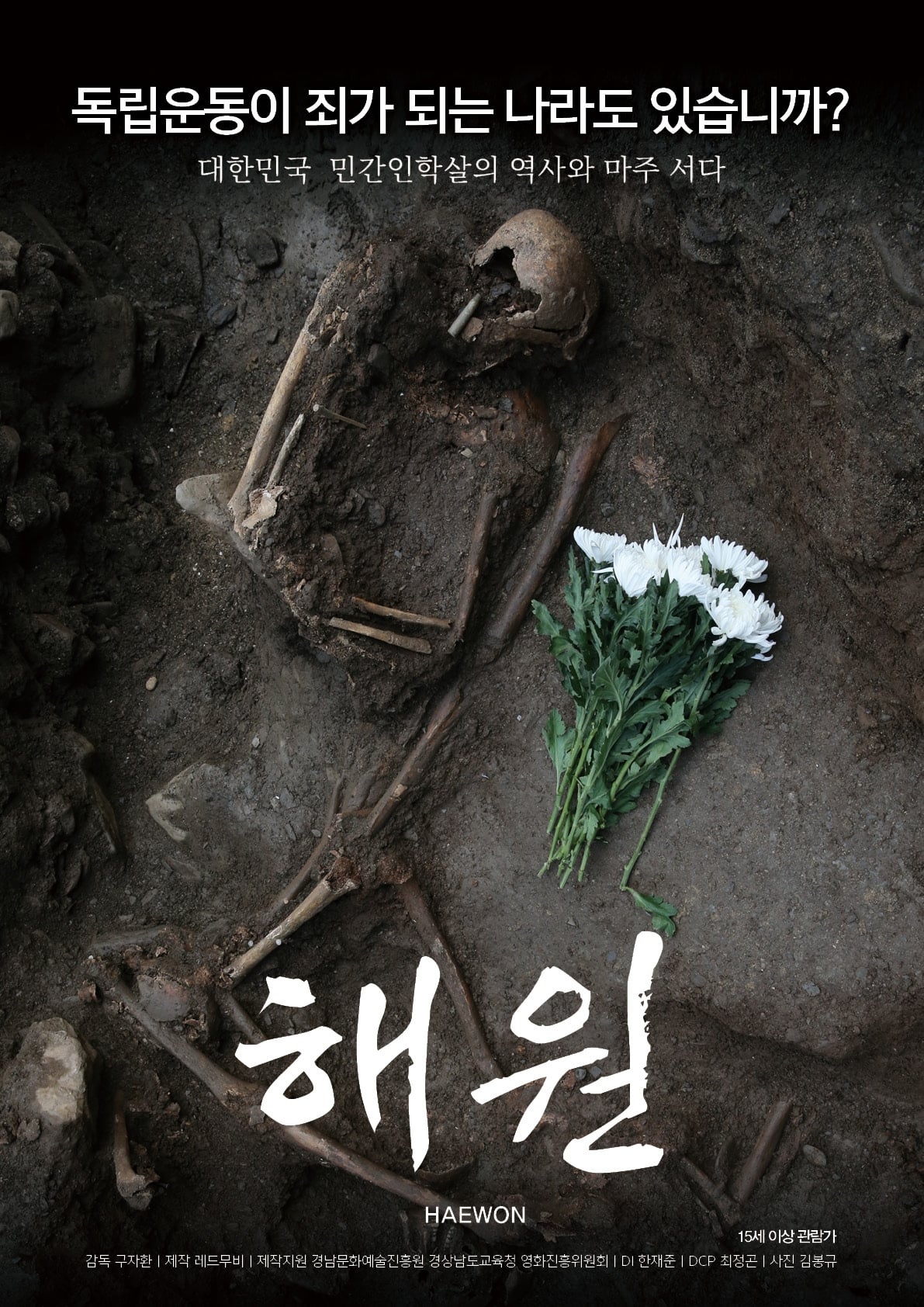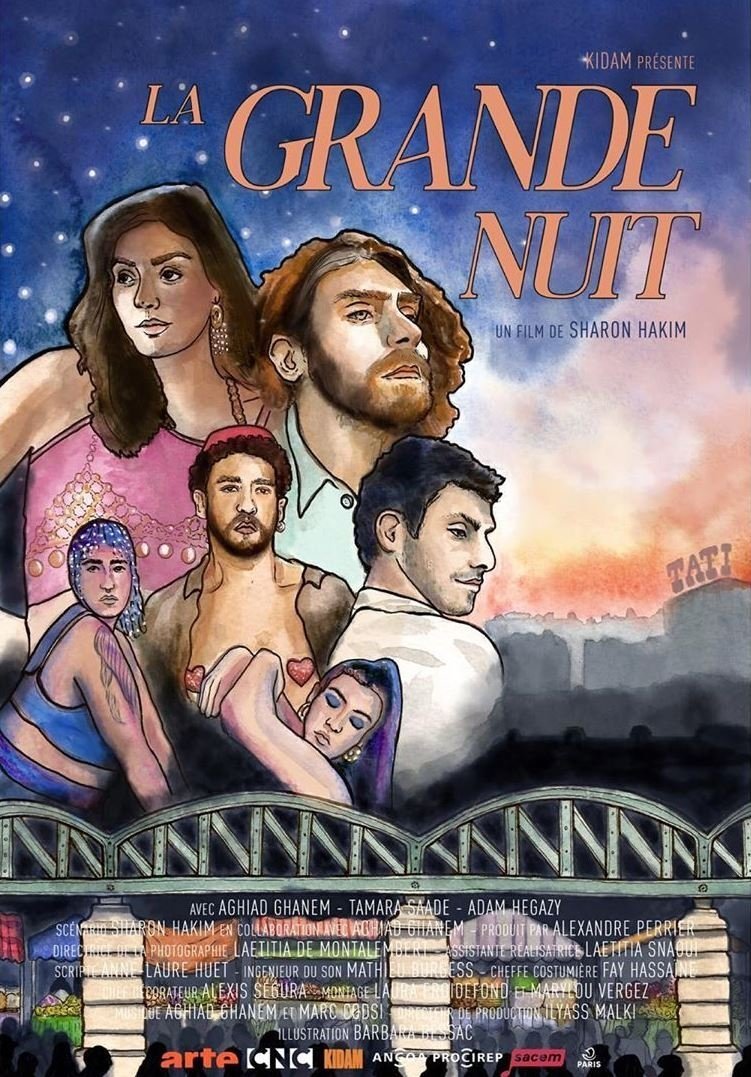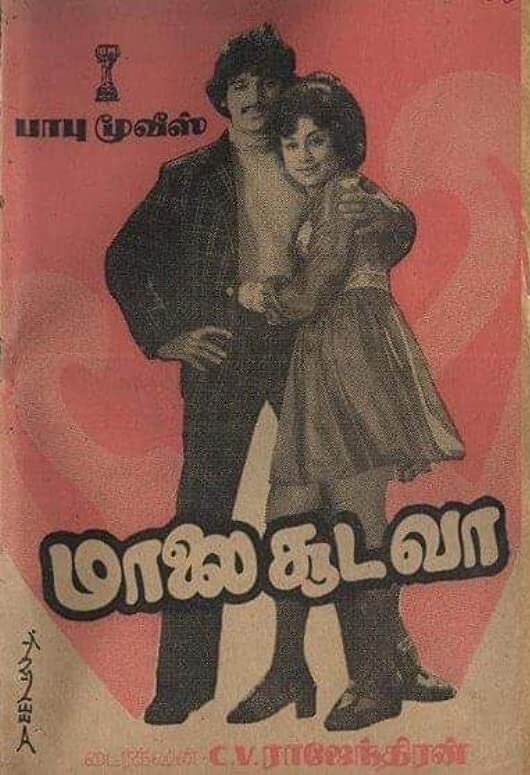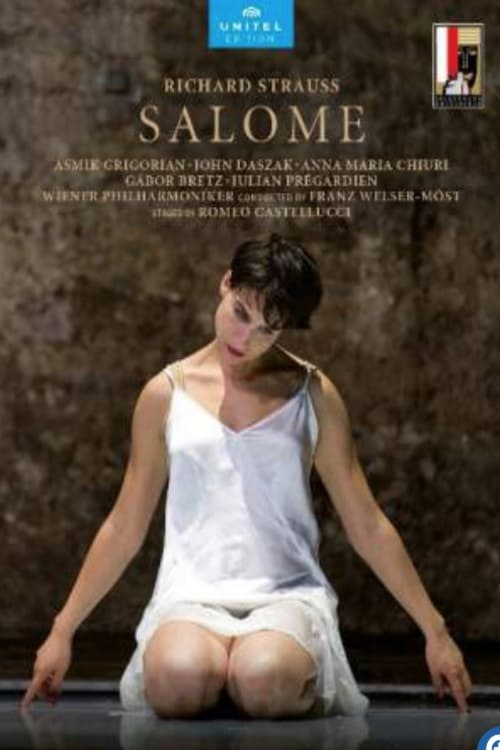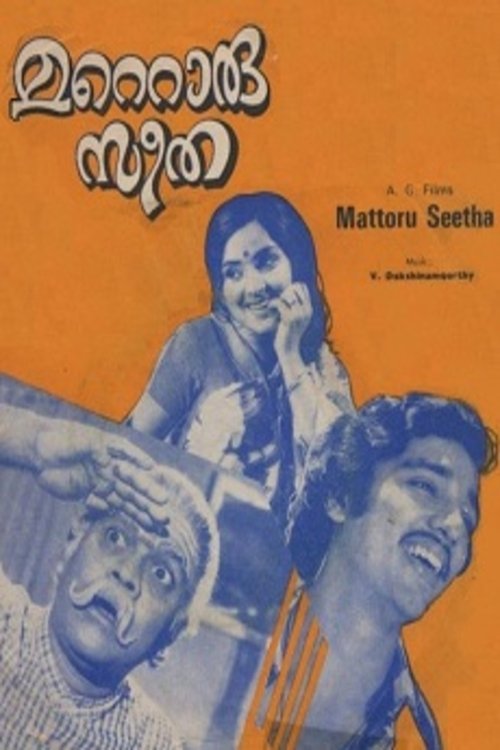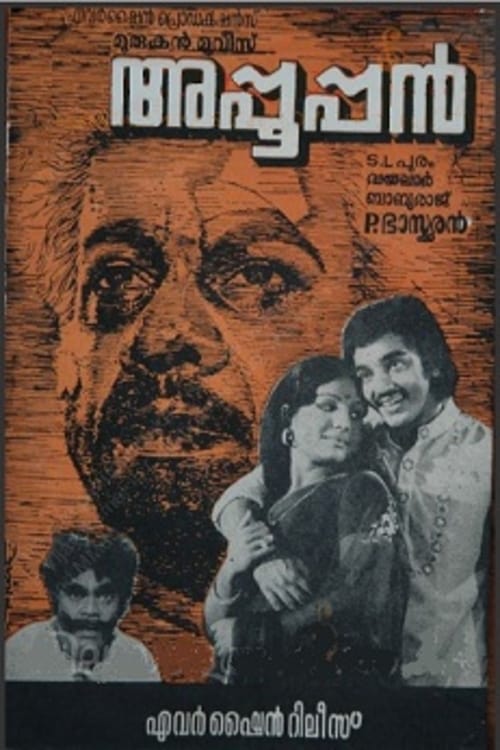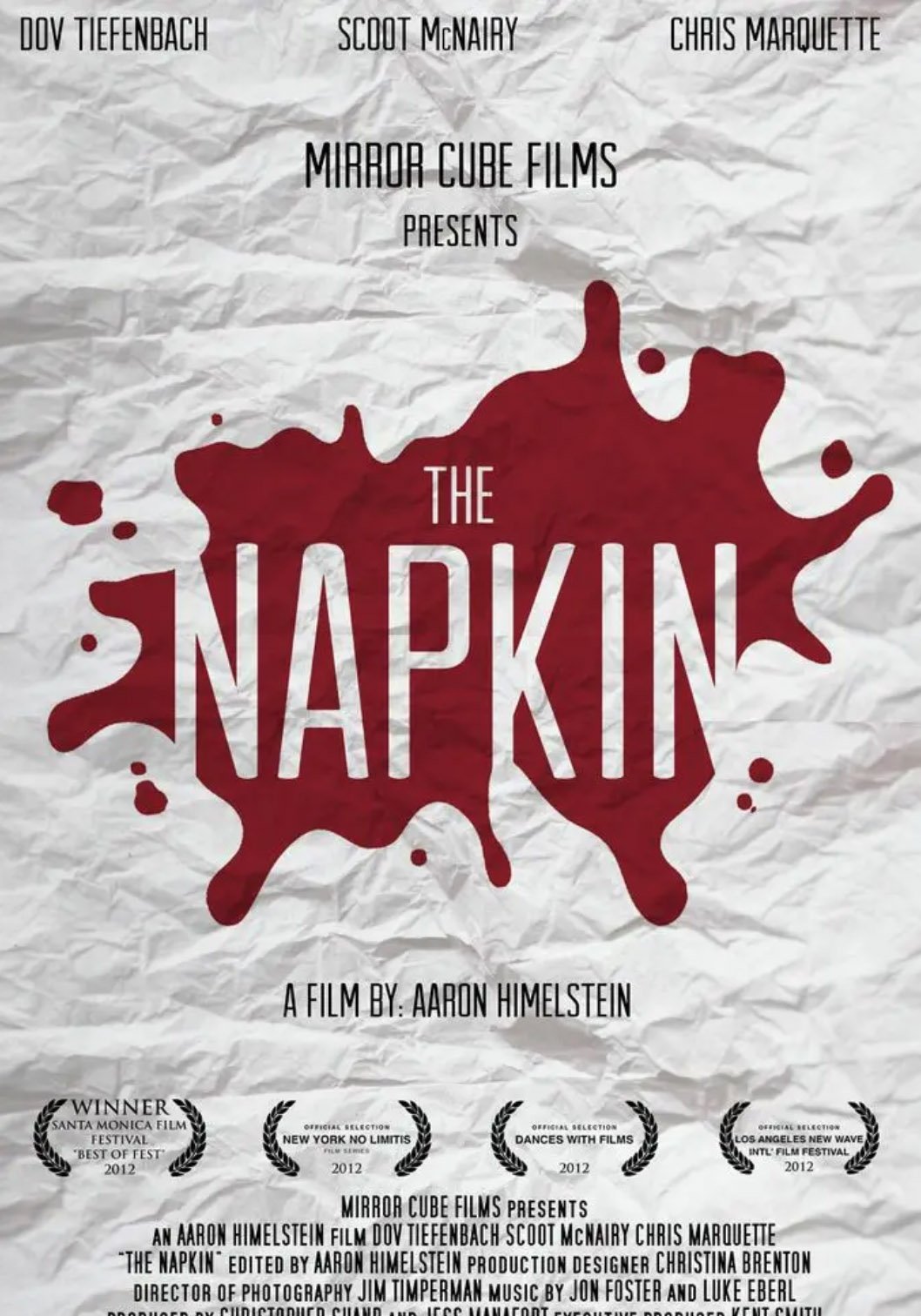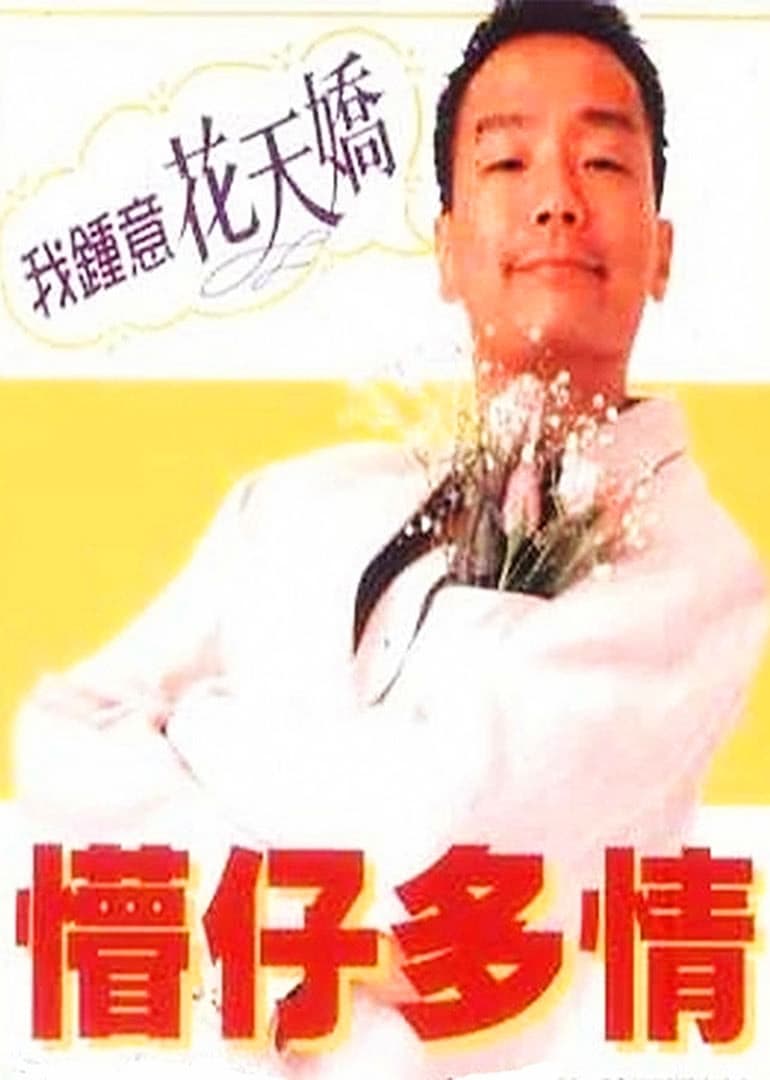Production Companies
Additional Info
| Budget | $0.00 |
|---|---|
| Revenue | $0.00 |
| Original Language | ko |
| Popularity | 0.001 |
Directed By
Kim Kyung-ryul
Crew
Kim Kyung-ryul
TOP CAST
Similar Movies
April Tragedy
The oral writer of the April 3 Uprising and a Rwandan who came to Korea to study face each other, have a conversation, and then go on a trip hand in hand. The two people, from different generations, nationalities, and occupations, have something in common: they are the daughters of massacre survivors.
Jeju Prayer
Focusing on Mrs. Kang Sang-hee’s life, she lost her husband in the Jeju Uprising (March 3rd, 1948). The film views the dark-side of Jeju Island, a huge grave, which is completely opposite of the other side of the island, the famous tourist attraction. It says that the tragedy has been going on about the recent Gang-jeong village situation.
Soup and Ideology
Confronting half of her mother’s life—her mother who had survived the Jeju April 3 Incident—the director tries to scoop out disappearing memories. A tale of family, which carries on from Dear Pyongyang, carving out the cruelty of history, and questioning the precarious existence of the nation-state.
Voices
In the turmoil of the Jeju 4.3 incident, Jeju Island witnessed the loss of an estimated 25,000 to 30,000 lives, with women constituting a significant yet often unrecognized proportion of the victims. This documentary illuminates the once-shrouded experiences of these women, led by a dedicated Jeju 4.3 researcher.
Until the Stones Speak
There are five grandmothers, four of whom went to Jeonju Prison due to the Jeju 4.3. All of them were young people around the age of 20 at the time of the incident in 1948. The outline of the incident is formed when hearing the experiences of those who were sent to prison without trial particularly as women. The audience feels indescribable emotions by the fact that they have lived on despite what they had gone through, things that are just too much for a human being to bear.
Haewon
According to a survey by the U.S. military government in 1946, 78% of the South Korean people wanted socialism and only 14% capitalism. By appointing the pro-Japanese collaborators and the rightists, Rhee Syngman, who had not received the people's support, massacred those groups and civilians that were political stumbling blocks. In dealing with the Jeju 4.3 uprising in 1947 and the Yeosun incident in 1948 and The Korean War having broken out, massive civilian massacre became regularized.
A Red Color Pencil
Wan-soon, a 9-year-old girl living on the island, managed to survive a massacre that took place 75 years ago. The lingering effects of this unresolved ordeal are emphasized, and the girl embarks on a journey to depict the vivid red fragments that remain in her memory, using a red colored pencil as her means of expression.
May•JEJU•Day
Immediately after liberation, an incident called 'Jeju Uprising' took place on Jeju Island, the Hawaii of Korea, under the control of the US military government. As a result, about one-tenth of the total population of the island at that time was sacrificed. The children who survived the massacre record the memories of that day in an animated film 70 years later.
The Red Filter is Withdrawn.
If you look into the entrance of one of the huge caves on the Korean island of Jeju, it looks like a camera lens. If you walk into the cave, it looks like a screen, a rectangle showing clouds and white light, just like a film. Director Kim Minjung delves into the bloody history of Jeju, where tens of thousands were killed in a massacre in 1948. The camera follows the traces in the landscape, sometimes transformed by a strident, distance-creating red light, accompanied by a commentary by avant-garde filmmaker Hollis Frampton. Film as a means to address history and its taboos.
The Great Night
Hantirah has her future laid out. Esma dances, in search of freedom. On the eve of Aid, their thwarted love is sung between the streets of Barbès and a queer cabaret, theaters of young people of Arab origin, diverse and modern.
Malai Sooda Va
Maalai Sooda Vaa is a 1975 Tamil language film starring Kamal Haasan and Kumari Manjula in the lead roles. The script was written by Venniradai Moorthy, dialogue written by Chitralaya Gopu.
Salome
Based on Oscar Wilde's lurid play, it is an intense exploration of the Salome story. Its sumptuous vocal and orchestral writing seethes and pulsates as Strauss conjures up the brutality of Herod's corrupt court. Richard Strausss opera at the Salzburg Festival, staged by Romeo Castellucci at the Felsenreitschule, was nothing short of a sensation. Debuting in the title role, Asmik Grigorian propelled herself to international stardom with her mesmerizing singing and acting abilities. The exceptional soprano recently won the International Opera Award as best singer.
The Napkin
A neurotic young man attempts to handle the recent death of his father while hosting a bachelor party for his best friend.
Stooge, My Love
Set in the 1970s, this overlooked gem is about stripper Giu (Carrie Ng) and a mentally handicapped man named Biscuit (Wong He) making ends meet by becoming con artists.
